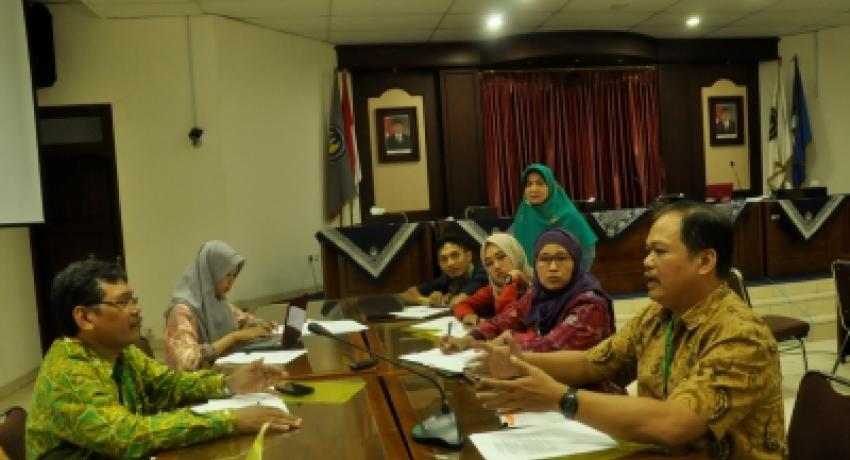Graduate School of Yogyakarta State University (YSU) has recently run a workshop of Multicultural Education Competency Development in High Schools in Yogyakarta that was held in PPS Hall (23/06/2016). The workshop was as part of international joint research between YSU and University of Auckland, New Zealand. The research brought the title of Development of Cultural Competence in Multicultural Education in Indonesia and New Zealand. Leading the research project was Prof. Zamroni, Ph.D, a Professor in Economics.
In his presentation, the Professor argued that Indonesia is a multicultural country with multiple geographical landscapes, societies, economic levels, and other sectors. “If such diversity is managed accordingly, it will create a powerful potential. On the other hand, if managed poorly, it will cause a harm to the country, as in Bosnia” says the Professor. He then revealed that the key to good resource and diversity management is producing quality human resources, who are able to live peacefully despite differences. New Zealand is an example of ‘Islamic’ country. Though the country does not clearly state that it complies with Islamic religious values, the country in principle has implemented and practiced the religious values as seen from the daily life of the society. Hence, through today’s meeting, I urge to dig information on multicultural education in your schools,” he added.
In the following session, Dr. Siti Irene AD reported the result of data analysis from the questionnaires spread to the schools. Then, she led a group discussion on definition of multicultural education, implementation at school, implementation of Bhinneka Tunggal Ika concept, policy planning for integrated multicultural education in the learning process. Furthermore, there is a need to evaluate the implementation and literacy towards the concept, that will be developed in family, schools, and society.
Enthusiastically, the participants, previously divided into four groups, discussed and shared deep thought, led by the Chief for each group. Then, each member representing their group presented their discussion result in front of other participants.
From the discussion, it is concluded that multicultural concept has already been implemented in junior and senior high schools in Yogyakarta. For instance, the schools in Yogyakarta accept students from any regions in Indonesia with various cultural, social, religious, and ethnic backgrounds.
Religion education taught to students according to what they believe, is another example of multicultural education implementation in schools. In addition, integration of multicultural concept in the teaching in schools has been in practice, namely through outbounds and art performances at school. (Rubiman)





